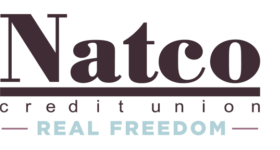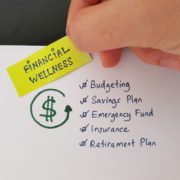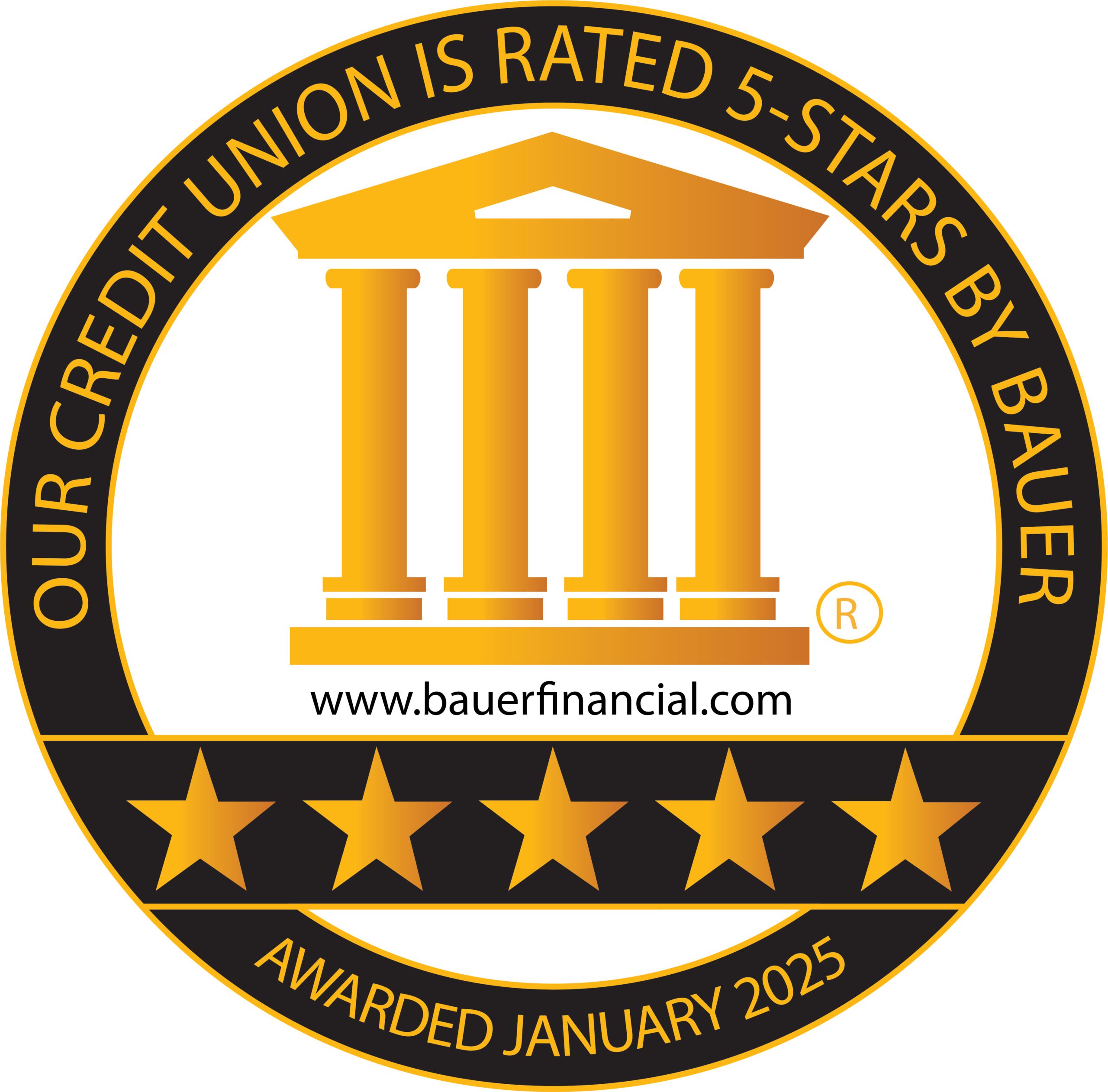Financial Wellness Tips for 2025
As the New Year unfolds, it’s a time for fresh starts and personal growth. While many people focus on health, relationships, or career goals, improving your financial wellness is one of the most powerful ways to set yourself up for success. Financial wellness isn’t just about making more money—it’s about understanding, managing, and growing your finances in a way that aligns with your values and goals. Here’s how you can make 2025 your best year yet financially.
- Create a Comprehensive Budget
If you haven’t already, start by establishing a clear, realistic budget. A budget acts as a roadmap for your financial decisions and can help you identify where you’re spending too much or not saving enough.Start by tracking your income and all your expenses, including monthly bills, discretionary spending, and savings. A simple spreadsheet can help make this process easier. Once you’ve got a sense of your current financial picture, allocate your income to cover necessary expenses, debt repayment, savings, and fun without overspending. - Set Clear Financial Goals
Having specific financial goals for the year is key to staying focused and motivated. Whether it’s paying off credit card debt, building an emergency fund, or saving for a big purchase, set measurable and attainable goals.For example:
• Pay off $3,000 in credit card debt within six months.
• Save at least 20% of your monthly income for retirement.
• Build an emergency fund of three months’ worth of expenses.Having tangible goals will keep you accountable, and breaking them into smaller monthly or quarterly milestones will make them feel more achievable.
- Build or Strengthen Your Emergency Fund
One of the pillars of financial wellness is having a safety net for unexpected expenses. In 2025, if you don’t already have an emergency fund, start building one. Aim for at least three to six months of living expenses, and try to keep this fund in a high-yield savings account for easy access and better interest.If you already have an emergency fund, check if it’s enough to cover unexpected costs like medical bills, car repairs, or job loss. The peace of mind this fund provides is invaluable in today’s unpredictable world. - Review and Reduce Debt
If you have high-interest debt—such as credit card balances—make it a priority to pay it off as quickly as possible. High-interest debt can eat away at your finances, leaving you less room to save and invest.Consider using strategies like the debt snowball method (paying off the smallest debt first) or the debt avalanche method (focusing on the highest-interest debt). Additionally, look into consolidating or refinancing options that may lower your interest rates. - Start or Boost Your Retirement Savings
Retirement may feel far away, but it’s never too early to start saving. One of the best ways to improve your financial wellness is by contributing to retirement accounts like a 401(k), IRA, or Roth IRA. Many employers offer matching contributions, so make sure you’re taking full advantage of that free money.If your employer doesn’t offer a 401(k) or you’re self-employed, consider opening an IRA or Solo 401(k). Set a goal to increase your contributions over time—if you can’t afford to max out your contributions now, try increasing your contributions by 1% each quarter. - Automate Your Savings
One of the easiest ways to make saving money a habit is to automate it. Set up automatic transfers from your checking account to a savings account, emergency fund, or retirement account as soon as you receive your paycheck.You can automate contributions to investment accounts, as well. This removes the temptation to spend what you might have intended to save and ensures that saving is a priority, not an afterthought. - Monitor and Improve Your Credit Score
Your credit score affects many aspects of your financial life, from loan approvals to interest rates. In 2025, commit to reviewing your credit report at least once a year. Schedule an appointment with one of our lending experts today to receive a free credit check.If your score isn’t where you want it to be, focus on strategies to improve it. This could include paying down debt, disputing any inaccuracies on your report, or setting up automatic payments for bills to avoid late fees. - Invest in Financial Education
Financial wellness is about more than just balancing budgets or saving. It’s about making informed decisions. Take the time this year to educate yourself on personal finance topics.
There are plenty of free resources, books, podcasts, and even courses that can help you better understand investing, taxes, insurance, and other financial topics.The more you understand, the better you’ll be able to make decisions that support your long-term financial health. - Find Ways to Increase Your Income
While budgeting and saving are crucial, increasing your income is another powerful way to improve your financial wellness. Whether it’s through asking for a raise, taking on a side job, freelancing, or monetizing a hobby, finding ways to increase your earning potential can fast-track your financial goals. - Prioritize Health and Well-Being
Financial wellness and physical health are deeply intertwined. Unexpected medical costs can quickly derail even the best-laid financial plans. Take care of your health this year by adopting healthy habits such as regular exercise, meal planning, and stress management. Consider checking your health insurance plan to make sure you’re covered for any potential medical emergencies, and explore options for preventive care.
Final Thoughts
Improving your financial wellness in the New Year doesn’t require dramatic changes all at once. Start small and build momentum over time. By making mindful financial choices, setting clear goals, and committing to your financial education, you’ll be on your way to a more secure, stress-free financial future. Remember, the key to success is consistency and patience.
Here’s to a financially fit 2025!






